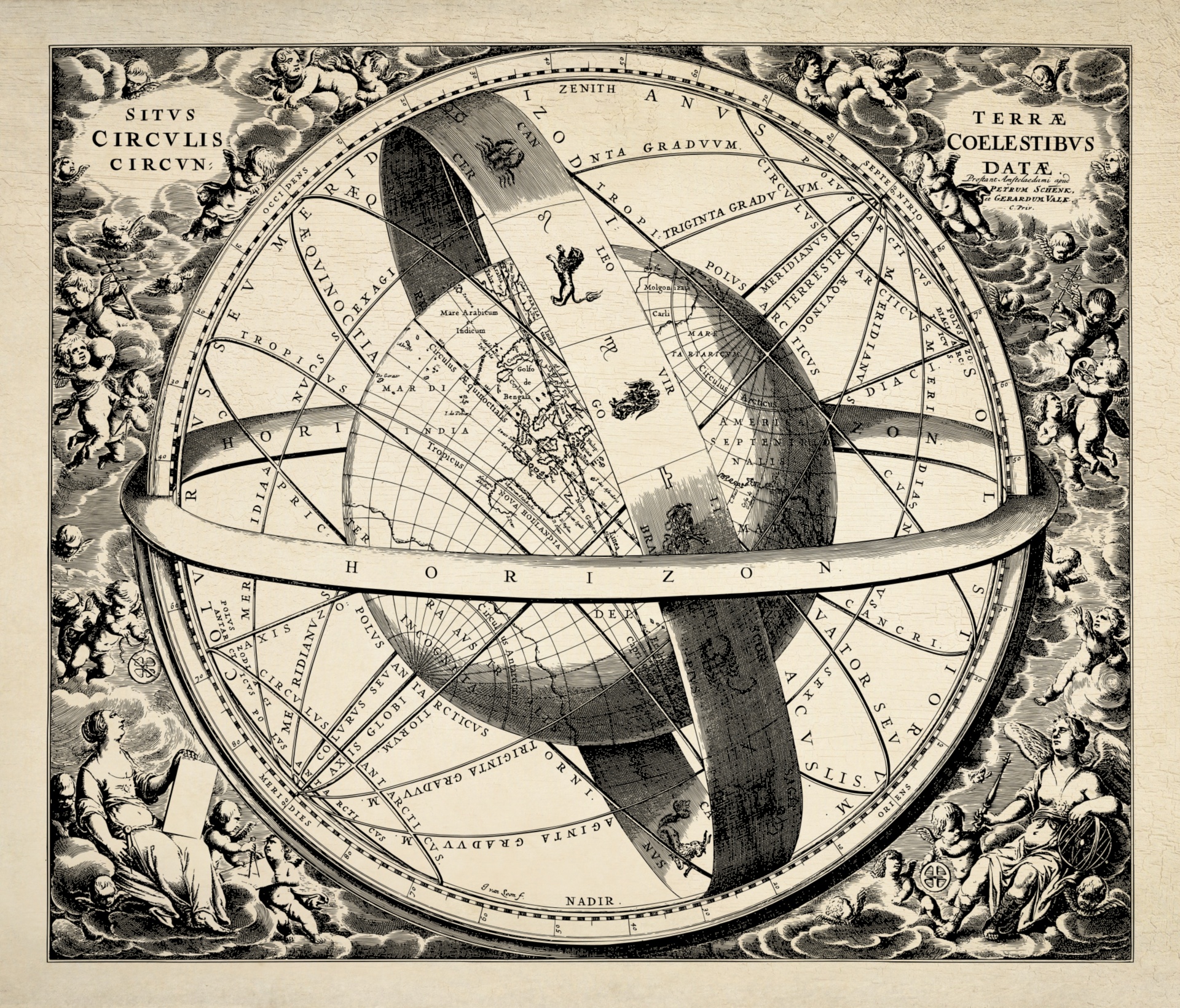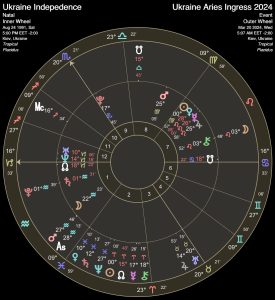In the Spring of 2011 Neptune entered the sign of Pisces, a sign that acts as a kind of amplifier of Neptune's effects on the world. This is because there is a deep affinity between the symbolic qualities of Neptune and those of Pisces. They both relate to dreams, spiritual aspirations, altered states of consciousness, and overwhelming emotional currents. While Neptune and Pisces are connected to spiritual unity and clarity of presence, their shadow sides include suffering and sacrifice to a delusional ideal, the delusion itself, and the deceit that ensnares those susceptible to it.
Confusion about what is real and true is another common shadow feature of Neptune in Pisces, and we have certainly experienced this during the past fourteen years. The assertion of lies as truth, truth as lies, and shouting blame at others for the wrongs committed by the shouter, seem almost emblematic of these times. Branches of media that exist to deceive and distort have swamped over voices of reason and reality.
However, with Neptune in Pisces, the message is that what we've long taken for granted as reality is going through an essential dissolution. It is not simply that liars have taken over the consensus conversation, or that social media influencers have supplanted a common-sense vox populi, but that these phenomena are an expression of a more subtle and fundamental shift in our collective consciousness. Our most primal perceptions that uphold and constitute reality have been undergoing a kind of dying process. What we took for granted as durable and foundational has slipped from our grasp like vapor, and as Neptune crosses the final degrees of Pisces we are left adrift in the despair and confusion of that loss.
It is all about to change. We are ready for a rebirth of imagination that will inspire new visions for our shared reality. It may not come easy. We may need to courageously stand for the spiritual truths we have won through hard sacrifice these past few years. We may need to let go of a dead dream for a living one, or a lower love for a higher one. But the renewing waters of these new and fundamentally spiritual visions can refresh our hearts and clear our minds, reinvigorating us like a collective baptism. This is the promising potential as Neptune transits Aries these next fourteen years.
Continue reading













